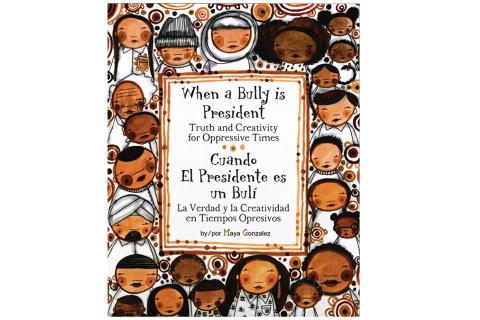
Disclosing Enslaved Women’s Resistance in Puerto Rico’s History of Slavery
by Rosa M. O’Connor Acevedo, PhD Candidate, Department of Philosophy


by Rosa M. O’Connor Acevedo, PhD Candidate, Department of Philosophy

by Annie Ring, PhD Candidate, Department of Philosophy
J.L. Austin’s How to Do Things with Words demonstrates that language is not just descriptive but in some cases is performative. That is, Austin’s speech act theory argues that language itself performs, changes, or does things in the world. Speech act theory classically considered institutions like marriage, where a pronouncement weds people into a legally binding relation, or boat christening, where naming and blessing a boat before the maiden voyage protects its passengers (Austin).

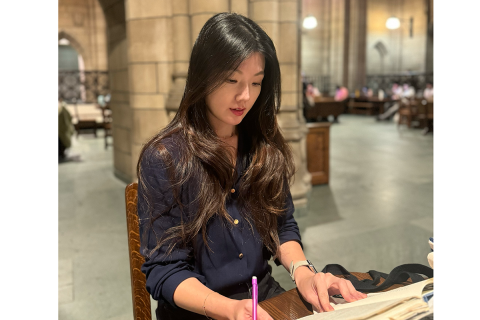
by Min Young Park, PhD Candidate, Department of English
Nella Larsen’s Quicksand opens with a vivid portrait of Helga Crane’s room. It is brimming with furniture and garments of her “rare and intensely personal taste” (1). The emphasis on the privacy of her taste is easily overlooked as it is soon followed by a disturbing remark by a white priest who claims that “Naxos Negroes…had good taste” because “[t]hey knew enough to stay in their place” (3)...
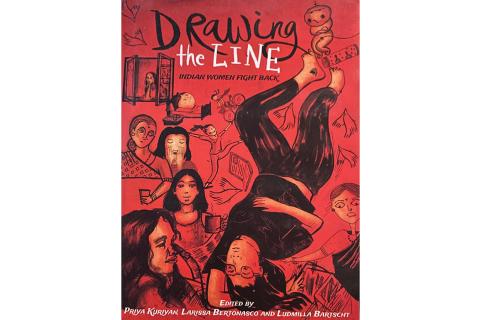
by Anu Sugathan, PhD Student, Department of English
My interest in graphic narratives as a research topic emerged during my master of philosophy studies. While contemplating my thesis, I discovered various Indian graphic novels by contemporary writers and artists that brought back memories of my childhood comic books like Balarama, Balabhumi, and Champak. However, unlike earlier comic books, these graphic novels stood out due to their distinctive style, paper quality, and thematic depth...
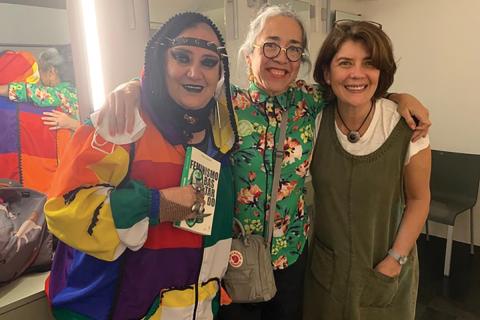
by Magela Baudoin, PhD Candidate, Department of Romance Languages
Women’s autobiographical writing has historically faced devaluation within the realm of so-called “high” literature (Huyssen 2006). This marginalization stems from several factors: firstly, the misguided association of “literary” with “fiction,” which tends to discredit narratives perceived as not purely imaginative (Lejeune 1989; Molloy 1996); secondly, entrenched paradigms in modern Western thought...

By Marena Fleites Lear, PhD Candidate, Department of Comparative Literature
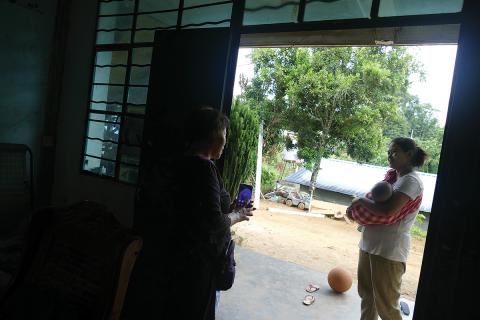
by Xiaobo Su, Professor, Department of Geography

by Lana Lopesi, Assistant Professor, Department of Indigenous, Race, and Ethnic Studies
